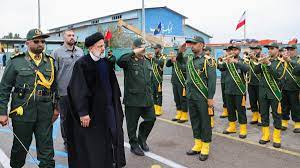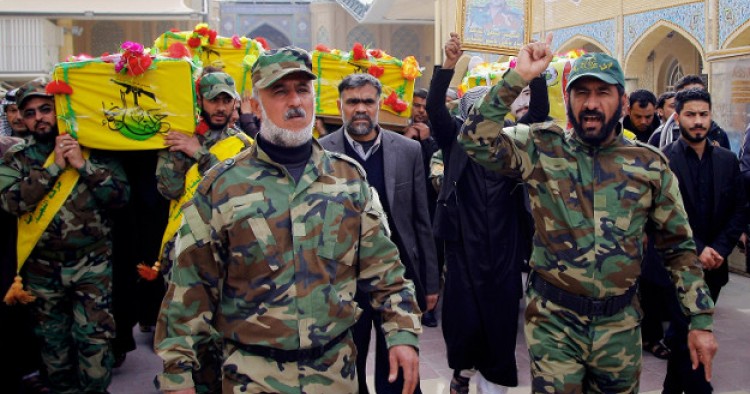Amid rising tensions, Iran’s denial regarding any backing of militias in Iraq, Syria, or elsewhere faces strong contradiction, according to POLYGRAPH.info. The United States attributes a drone attack in Jordan to the Islamic Resistance of Iraq, an umbrella organization for Iran-backed militias, leading to a possible retaliation plan.

Iran’s Denial Under Fire: Evidence Contradicts Claims of Non-Involvement in Militias (Photo form POLYGRAPH.info)
Iran’s Denial Under Fire: U.S. Alleges Iranian Involvement Despite Denials
The U.S. National Security Council holds Iran responsible for the attack, linking it to the supply of weapons to groups like Kataib Hezbollah. President Biden underscores Iran’s involvement, emphasizing their role in arming the perpetrators.
Defense Secretary Lloyd Austin dismisses the importance of Iran’s knowledge, asserting that these groups are unequivocally Iran’s proxies, receiving sponsorship, financing, and training. Contrary to Iran’s denial, evidence suggests a strong link between the Islamic Republic and militia groups.
Iran’s Ambassador to the U.N. rebuffs the allegations, claiming no direct or indirect control over any group. However, reports from British think tank RUSI, Homeland Security Today, and the U.S. CFR paint a different picture, pointing to numerous militias funded and operated by Iran.
READ ALSO: Hunter Biden’s Federal Gun Charges Seeking For Dismissal, Alleging Political Motivation
Iran’s Denial Under Fire: Militias Tightly Linked to Iran: A Monumental Web of Influence
Research from RUSI estimates over 40 militia groups closely tied to Iran’s Islamic Revolutionary Guard Corps, challenging Iran’s disavowal. Homeland Security Today highlights Iran-controlled militias as major contributors to terrorism in the Middle East and Horn of Africa.
The CFR’s comprehensive mapping reveals Iran’s Quds Force as the crucial link, providing training, weaponry, and funds to its proxies. The joint research by The Financial Times and IISS emphasizes Iran’s strong or moderate control over a significant number of militias, with fighters ranging from 124,000 to 198,000.
























